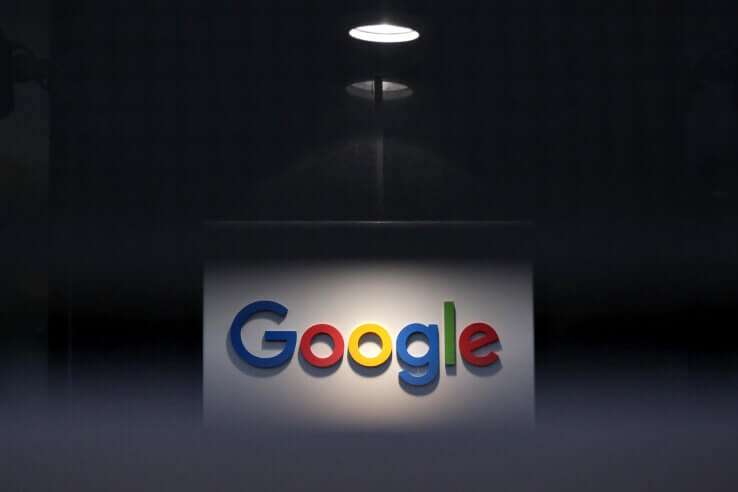
An interesting trend has been brewing in the travel business. Quietly but surely, Google Reviews has been expanding their online review market share for brick and mortar businesses. Since hotels, inns and B&Bs are a 100% location-driven business, this change directly impacts both their revenue and branding.
Online reviews left by strangers have become almost as trusted as personal recommendations. However, placing this much trust in reviews requires the user to be able to filter real reviews from fake ones. This sorting process can be extremely frustrating, especially on websites like TripAdvisor where everything is controlled by an almighty “secret algorithm.” Still, hotels and inns have been under the TripAdvisor spell for a while now. TripAdvisor dominates the conversation to such a large extent that I felt the need to write a 3500-word article about how to curb your hotel’s obsession with TripAdvisor.
Meanwhile, Google with its “of course, we can do it better” mantra has beefed up its own review platform, which is fully integrated into its existing search and maps empire. They always play to win.
Let’s Talk About Yelp, Baby
Before trying to understand the impact of the new and improved Google Reviews on TripAdvisor, let’s talk about the other hyper-local-focused review platform…you know, the one that inspired a South Park Episode. I am, of course, talking about Yelp. Looking at where Yelp stands today is a window into how things might play out for TripAdvisor in the not-so-distant future. Here’s the story of Yelp.
The Beginning. Yelp was started in 2004 by ex-PayPal employees Jeremy Stoppelman and Russel Simmons (not Def Jam). PayPal has produced more billionaire founders than any other company. But I digress. Hereʻs the main thing. As was the case with many review websites, the best intentions did not lead to the best outcomes.
The IPO. User-generated (free) content fueled the massive growth of the website and led them into a 2010 IPO.
Greed. Two words…Advertising Dollars. This is where things got out of hand. Yelp pushed their ads real hard on local businesses, just like TripAdvisor does today with hotels. This practice brought about several accusations of extortion by business owners against Yelp. Most complaints focused on either positive reviews being removed from a business’s page if they did not buy ads, or on Yelp letting competitors pay for ads to remove/hide negative reviews. The similarities to some of the review/ranking/advertising issues TripAdvisor is experiencing right now is surreal.
Pushback. Enter lawsuits with the Federal Trade Commission. Although the FTC dismissed these cases, the cases highlighted the plight of small business owners being held ransom by Yelp ads and Yelp Elites. It always reminds me of the stressed-out B&B owner in tears about his TripAdvisor reviews. Most ethical business owners moved their advertising dollars to platforms that were not squeezing the small business owner. Of course, movies like Billion Dollar Bully did not help Yelp at all.
Winds of Change. Nothing good or bad lasts forever. Since 2014, the general population has been moving toward Google Reviews, Google Maps, and Instagram…and advertising dollars have followed. The accessibility of these platforms is much better than anything Yelp had to offer. While user reviews remain very relevant, the way people like to look at information has changed. People find it easier to communicate with businesses on Google/Instagram/Twitter than on Yelp. Result? Advertising declines → stock price declines.
Perception. As a travel industry lifer with friends in the restaurant business, I know one thing for certain. People writing Yelp reviews are not considered to be the smartest people around. South Park doing a full episode on Yelp Elites was instrumental in showcasing this issue. I also think about what the late, great Anthony Bourdain said about Elite Yelpers in an interview with Business Insider:



